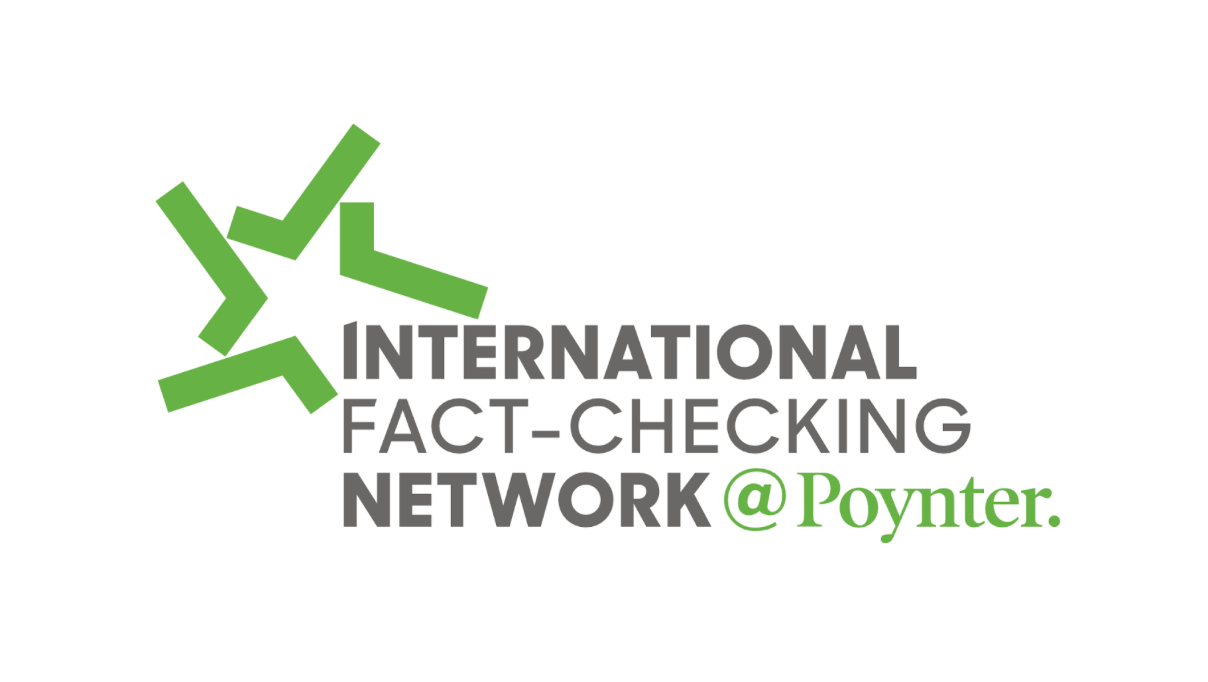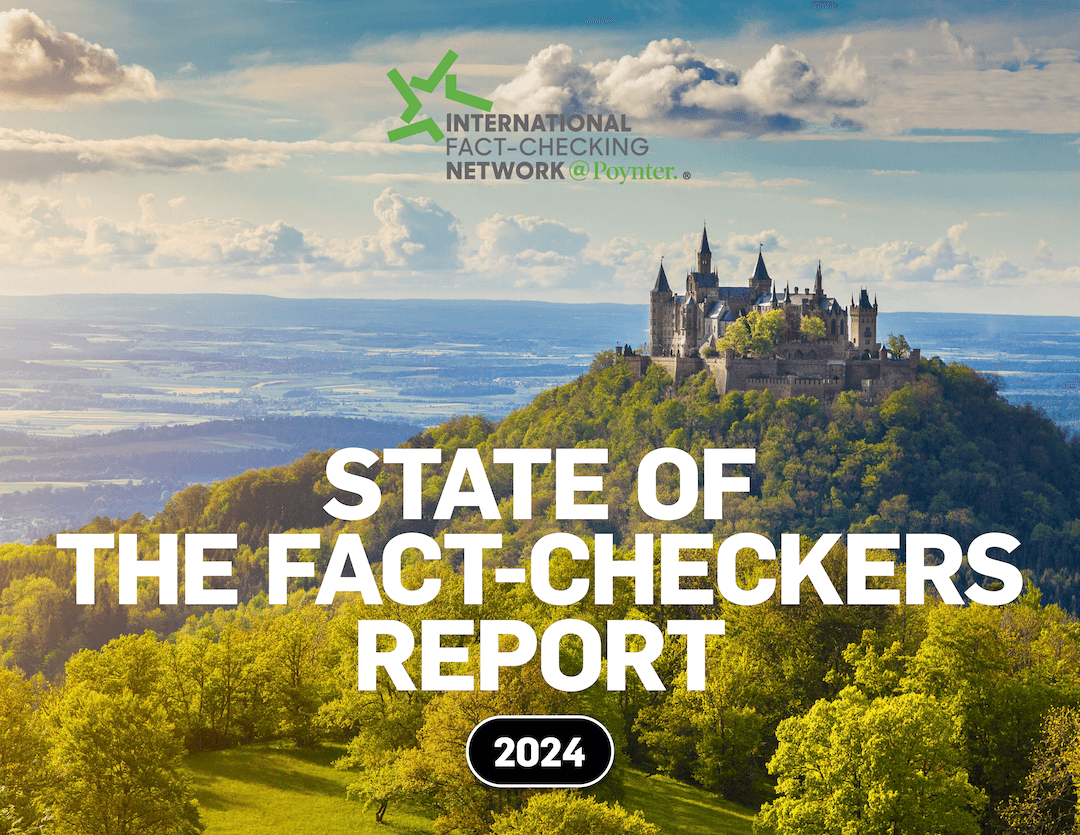When ProPublica’s Michael Grabell was a reporter at The Dallas Morning News, there were three kinds of phone calls he dreaded most.
“Family law, V.A. cases and calls involving workers’ compensation are impossible to sort out,” he said.
But as he finished a project about temporary workers injured on the job, he began to get comfortable with state databases containing information about injured laborers, he said. Trusted sources were telling him to take a deep dive into how states were changing workers’ compensation laws.
“My first conversation sounded like this,” he said. “First I would TTD, until they are ruled to be MMI, then they have to go for their IME to determine what their PPD would be.”
That’s where most reporters stop. Grabell and National Public Radio reporter Howard Berkes discovered that, since 2003, 33 states have cut benefits to injured workers or made it more difficult for workers with certain injuries and illnesses to qualify for workers’ comp.
Last week, I was happy to be among the judges for the annual IRE Awards, held by Investigative Reporters and Editors, which gave this project its highest honor. In its citation, IRE detailed the work required to complete the project:
The reporters built databases tracking legislative changes in each state over the past dozen years, obtained benefit plans from some of the country’s largest companies and combed through thousands of pages of depositions. They used heartbreaking stories and interactive tools to present complex material in an elegant way. Their work paid off in legislative changes in several states, investigations and a wider discussion about needed changes.
But that’s only part of the story. Here’s how the project came together, from beginning to end.
How it started
The story would’ve been easy to miss because workers’ comp cases don’t show up on regular court dockets, Grabell said.
“I covered courts for five years in Dallas, and I didn’t see them on dockets,” he said. “They show up in special hearings or increasingly in arbitration.”
But investigation revealed that some states are opting out of the workers’ comp system and allowing employers to come up with their own plans. Grabell began assembling a massive database of actuarial changes that states were making to worker’s comp laws.

How much is your arm worth? It depends where you live, as demonstrated by this illustration by Justin Volz for ProPublica.
Armed with that data, ProPublica news applications developer Lena Groeger built an interactive chart that shows what happens when Congress allows each state to determine its own benefits with no federal minimums.
Workers who live across state lines from each other can experience entirely different outcomes for identical injuries. And ProPublica and NPR found that, despite employers complaints about “rising costs” of workers’ comp, they are paying the lowest rates for workers’ comp insurance since the 1970s. “In 2013, insurance companies had their most profitable year in over a decade, bringing in an 18-percent return,” ProPublica reported.
Partnering With NPR
ProPublica looks for reporting partners on big projects like this, so Grabell teamed up with Howard Berkes, an investigative correspondent with NPR. Berkes recently finished a string of award-winning workplace safety and health investigations examining dangerous coal mines and another that revealed nearly 180 workers died in grain bins since 1984.
This project reinforced his notion that big, complex investigative projects like this one become more manageable with a partner, Berkes said.
“I don’t have the data skills and I don’t have the data resources ProPublica has,” he said.
Grabell, in turn, noted that NPR gave the story a wider reach.
“When the Illinois legislature was considering changes in it’s worker’s comp law, they called one of the workers we featured in our stories,” he said. “The reporting gave injured a voice at the table that they didn’t have.”
Berkes had no idea how dire and desperate the workers were, and his reporting showed that human stories were connected to the data.
“The industry around worker’s comp depends on data,” Berkes said. “But the data they have doesn’t assess what happens to workers, it assesses the costs to the employers. To me that is what we brought to it as journalists. We told the story of who is not being helped.”
Putting a face on the story
ProPublica brought a never-before-assembled data collection to the investigation. But the raw numbers were impersonal.
“The challenge we had was how do you make that data come alive,” Berkes said. “Where are the human stories in that data?”
The team didn’t want to merely string together sad stories, but use case studies of injured workers to demonstrate what the data clearly proved to be true.
They called lawyers who represented injured workers and spoke with former judges who heard worker’s comp cases.
“We contacted over 200 people,” Berkes said. “Every case involved having to verify the medical circumstances. We had to get permission from each worker to get their medical circumstances, their medical records, tax returns and their legal documents. We searched through dozens — maybe hundreds — of cases to find out information that was not otherwise public.”
Medical privacy law made it difficult for doctors to share information, but the team insisted they weren’t content with reporting on an avalanche of legislative change without showing how it affected workers.
To put a face on the story, the team compared what happened to two workers, living 75 miles apart who suffered the same injury received wildly different compensation. A man living in Alabama lost his arm and was paid $45,000. Another worker in Georgia got lifetime benefits of more than $740,000. This disparity, as the story noted, “illustrates the geographic lottery that governs compensation for workplace injuries in America.”

ProPublica created a data visualization that allows readers to calculate the relative values of their extremities in different states. (Screenshot)
Responding to complaints
The Insurance Information Institute complained about the stories, contending that today’s workplaces are safer because the insurance industry has rewarded compliance with lower insurance rates.
The complaint also said insurance companies were nowhere near as profitable as the stories reported, and that some state restrictions on workers’ comp payments make perfect sense.
Rather than shying away from the critique, NPR and ProPublica published both the complaint and a detailed response. Their answer points to sources the journalists relied on in every case the insurance industry complained about.
Helping other journalists
ProPublica and NPR also produced a guide to help other journalists pick up where they left off. They offered this advice:
To give the public a better sense of the national scope of the changes, ProPublica scoured state laws and built a database highlighting the most significant provisions. You can find it here. How have policies changed in your state? What groups or companies influenced those changes? How do they compare to those in neighboring states?
For more context on policies by state, here are a few other resources that might be helpful:
- U.S. Occupational Safety and Health Administration report on workers’ comp changes
- National Academy of Social Insurance annual workers’ comp report
- Workers Compensation Research Institute studies
- National Council on Compensation Insurance state presentations
Finally, many state workers’ comp systems produce their own annual reports with specific statistics. Be sure to check their websites.







